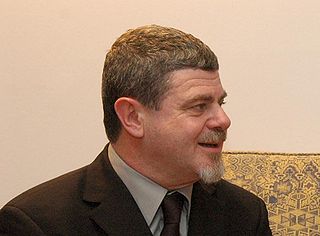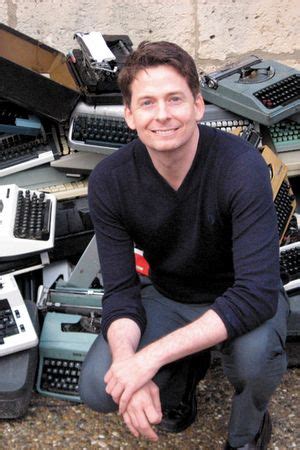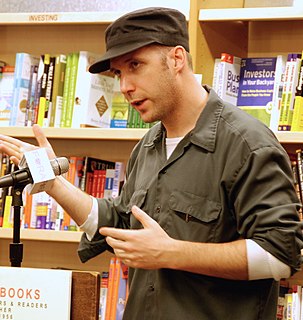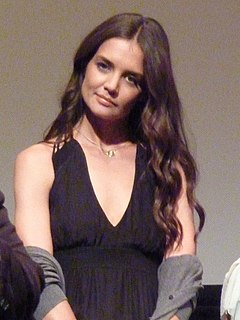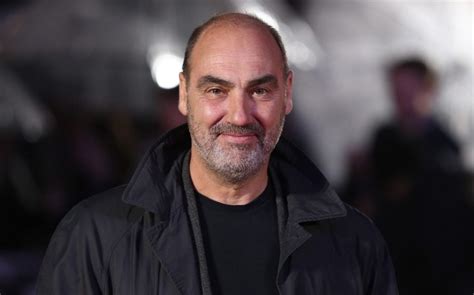A Quote by Gustavo Santaolalla
With bad movies, I have this image in my head of the director and the editor in the editing room watching a scene that is not happening, looking at each other and saying, 'Put some music in there.'
Related Quotes
The process always starts with detailed conversations with the director, followed by a spotting session (deciding where the music goes and doesn't go in the film, and what the music should be saying or not saying) in each scene. This is followed by sending the director demos of each cue for feedback.
You can give the greatest performance possible, but if you don't have a director who's pointing the camera in the right direction and an editor who's editing it properly, it doesn't matter what you do. The director and the editor are the most important people. Not the actors. Sometimes the writer is important. But if you don't have a good director, you can't have a good production.
In terms of my career, it began in earnest when I was living in Boston. I started doing my own films, working initially as an editor and editing assistant - briefly - at WGBH, as an editor on other people's movies, trying to get some experience under my belt, but eventually just doing my own short films, doing them my way.
I think one of the things you have to be aware of as an actor is that if you come on the set and see the director standing there mouthing all the words while a scene is going on, that's usually a very bad sign because it means the director has already shot the scene in his head. He knows exactly the rhythm and the nuances that he wants delivered in the line and you're not going to dissuade him.
In live-action, writing, production and editing happen in discrete stages. In animation, they overlap - happening simultaneously. This allows a real dialogue to occur between the writer, the director, the actors and the editor, and it makes the writing process a lot more collaborative and a lot less lonely.
In live-action, writing, production, and editing happen in discrete stages. In animation, they overlap - happening simultaneously. This allows a real dialogue to occur between the writer, the director, the actors, and the editor, and it makes the writing process a lot more collaborative and a lot less lonely.
It's like you might have some great scene that you love but for some reason - and you can't necessarily put your finger on it - the movie's not working or it seems slow or ponderous in some way, and even though it has your favorite scene in there, actually the favorite scene is the culprit. That's the painful thing about editing, is trying to locate those things that are holding the movie back and then having the guts to cut them. And it is painful to do it.
